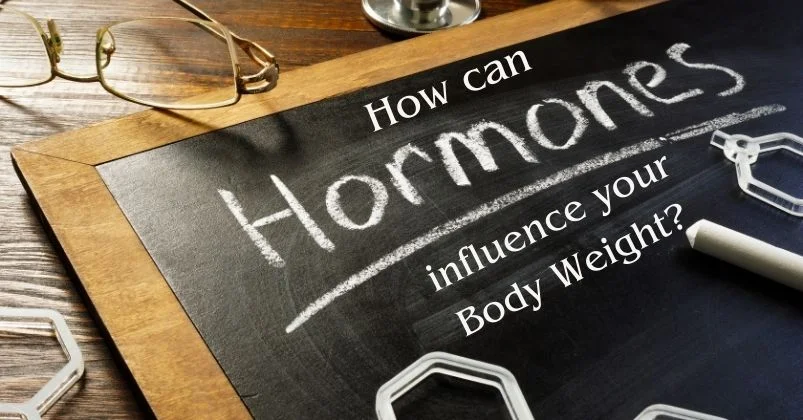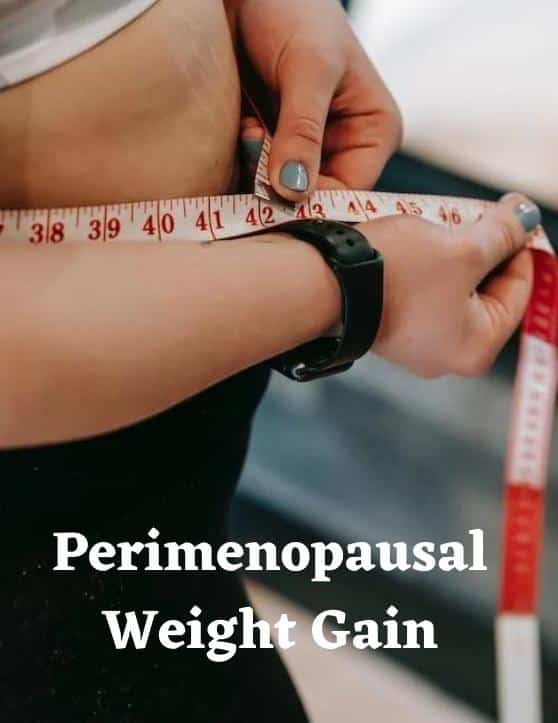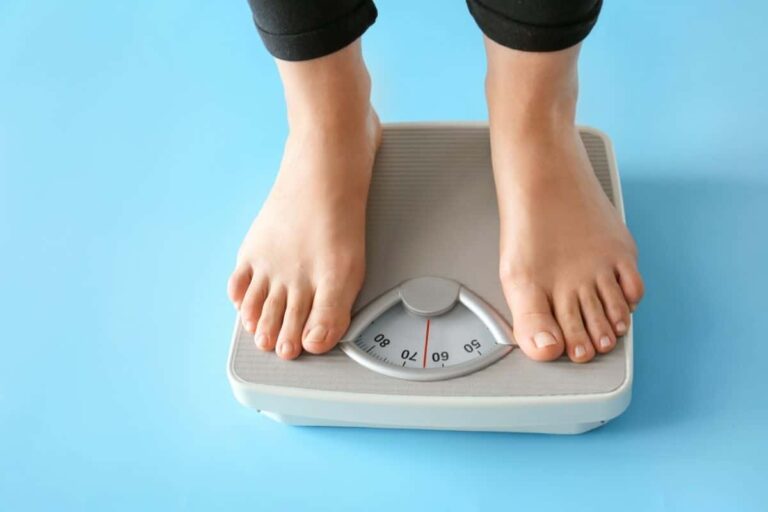Hormones and Weight Loss: How can Hormones influence your Body Weight?
Feeling frustrated because, despite your efforts, those extra pounds just won't budge? You're not alone. With countless fad diets and workout plans promising miraculous transformations, it's easy to feel discouraged when you don't see the results you're hoping for.
But here's the thing: hormones play a significant role in weight management, and understanding how they affect your body can be the key to unlocking successful weight loss. While a healthy diet and exercise are essential, addressing hormone imbalances can make a difference.
In this blog, we'll dive into the fascinating world of hormones and weight loss. You'll learn how hormones influence your body's ability to shed pounds and discover practical strategies for managing them effectively. Get ready to take control of your health and finally see the changes you've been working so hard for!
How Hormones Influence Your Body Weight?
Hormones play a crucial role in maintaining overall health by acting as messengers within your body. These signaling molecules are released by various glands such as the pituitary, thyroid, parathyroid, and adrenal glands, and they travel through the bloodstream to communicate with tissues and organs.
Almost every aspect of your health is influenced by hormones, including sexual function, growth and development, mood, appetite, and metabolism. When there's an imbalance and your body releases too little or too much of a hormone, it can lead to hormonal dysregulation. This imbalance can have significant effects on your health, including your body weight.
Understanding the intricate relationship between hormones and health is essential for maintaining overall well-being. By addressing hormonal imbalances and promoting hormone health, you can support your body in achieving and maintaining a healthy weight.
Hormones That Can Make You Gain Weight
Cortisol
Many people overlook the impact of cortisol, the stress hormone, on weight gain. When stress becomes chronic, as is common in today's fast-paced world, cortisol levels can remain high for extended periods. Instead of decreasing appetite as it's meant to, cortisol can actually make you crave more food, especially starchy and fatty snacks. This excess weight often accumulates around the waist, which can pose risks to your heart and overall health.
Estrogen
This hormone is also called the female hormone. Having too much estrogen in your body can make losing weight a challenge. This hormone imbalance may also lead to mood swings, heavy periods, and other symptoms in women, while men may experience gynecomastia, also known as “man-boobs.”
Testosterone
Low levels of testosterone, particularly in men, can contribute to weight gain, especially around the abdomen. Additionally, accumulating fat can further disrupt testosterone levels, creating a frustrating cycle of weight gain.
Leptin
Leptin is responsible for signaling when you're full, but its levels drop when you start losing weight. This can lead to increased appetite and decreased motivation to exercise, making weight loss more challenging.
Insulin:
Insulin resistance, often caused by a diet high in refined carbohydrates, can lead to prediabetes or diabetes. When your body can't efficiently process insulin, it can result in weight gain and strain on organs like the heart and kidneys.
Thyroid
Your thyroid gland helps regulate metabolism, and an underactive thyroid (hypothyroidism) can lead to weight gain. While it may not cause significant weight gain, hypothyroidism can make losing excess weight more difficult. Thankfully, it can be diagnosed through a blood test and managed with medication. If you have undergone thyroidectomy and want to lose weight, read this.
Conditions That Cause Hormonal Weight Gain For Females:
Menopause:
Menopause marks the time when a woman hasn't had a period for 12 consecutive months due to declining estrogen levels. This hormonal shift often leads to changes in the body, including weight gain. Lower estrogen levels during menopause can result in:
- Reduction in lean body mass
- Slower metabolism
- Accumulation of fat around the abdomen
- Sleep disturbances
Endometriosis:
Endometriosis is a chronic condition where tissue similar to the lining of the uterus grows outside the uterus. Although it doesn't directly cause weight gain, the condition's estrogen-dependent nature can lead to factors associated with weight gain, such as:
– Abdominal bloating
– Fluid retention
– Increased appetite
Treatment for endometriosis often involves hormonal therapies to reduce estrogen production, which can impact weight.
Polycystic Ovary Syndrome (PCOS):
PCOS is a hormonal disorder characterized by elevated levels of male hormones in women, leading to cysts on the ovaries. Women with PCOS are more prone to weight gain due to hormonal imbalances that contribute to insulin resistance. This resistance makes weight management more challenging but not impossible. Lifestyle changes and medical treatments can help manage weight and improve symptoms associated with PCOS.
Other Conditions That Cause Hormonal Weight Gain:
Hypothyroidism:
Hypothyroidism is a condition where the thyroid gland doesn't produce enough thyroid hormone, affecting functions like body temperature, energy levels, and mood. While it's believed to contribute to modest weight gain, some research suggests that weight gain may be due to water retention rather than fat accumulation.
Insomnia:
Insomnia is a sleep disorder characterized by difficulty falling or staying asleep. It can be caused by various factors such as stress, irregular sleep patterns, or underlying health conditions like depression. Research shows that insufficient sleep can lead to weight gain due to changes in hormone levels and increased inflammation in the body. Factors like disrupted insulin sensitivity and hormonal imbalance can contribute to excess weight.
How To Lose Hormonal Weight Gain Naturally?
To tackle hormonal weight gain, it's crucial to identify the hormones affecting your body's balance. If there's an underlying medical issue causing hormone imbalances, seeking proper diagnosis and treatment is essential.
Regardless of the specific hormonal factors at play, achieving weight loss goals typically involves making lifestyle changes. These changes may include
Dietary adjustments:
Cutting back on calorie intake by choosing nutrient-rich foods and practicing portion control can aid in weight loss. Find out what diet is best for you here.
Regular physical activity:
Establishing a daily routine that includes physical exercise helps maintain activity levels and supports overall health.
Opting for whole, unprocessed foods and prioritizing fruits, vegetables, lean proteins, and whole grains can support weight loss efforts and overall health.
Adequate sleep:
Prioritizing quality sleep each night is vital for overall well-being and can positively impact weight management by regulating hormones and reducing cravings.
By incorporating these lifestyle changes, you can address hormonal weight gain effectively and work towards achieving your weight loss goals.
How Hormone Therapy Helps in Weight Loss?
Hormone therapy involves using medications or supplements to restore hormone balance in the body. Hormones play a crucial role in regulating metabolism, appetite, and fat storage, making them key players in weight management.
Regulating Metabolism: Hormones such as thyroid hormones and insulin play a significant role in regulating metabolism. Hormone therapy can help optimize these hormone levels, leading to a more efficient metabolism and enhanced calorie burning.
Controlling Appetite: Hormones like leptin and ghrelin influence appetite and satiety. Imbalances in these hormones can lead to overeating and weight gain. Hormone therapy can help restore the balance of these appetite-regulating hormones, reducing cravings and promoting healthier eating habits.
Managing Fat Storage: Hormones like estrogen and testosterone also affect fat distribution in the body. Hormone therapy can help regulate these hormones, leading to a more balanced distribution of body fat and potentially reducing stubborn areas of fat accumulation.
Improving Energy Levels: Hormone imbalances can often lead to fatigue and low energy levels, making it challenging to engage in physical activity. By restoring hormone balance, hormone therapy can help improve energy levels, making it easier to stay active and burn calories through exercise.
Before considering hormone therapy for weight loss, it's essential to consult with a healthcare professional. They can assess your hormone levels, medical history, and weight loss goals to determine if hormone therapy is the right option for you.
FAQs
A: Bioidentical hormones may help restore hormonal balance, which can indirectly support weight loss efforts. However, individual results may vary, and it's essential to consult with a healthcare provider before starting any hormone therapy regimen.
A: Hormone therapy may help regulate hormone levels, potentially supporting weight management goals. Consultation with a healthcare professional is necessary to determine the suitability and effectiveness of hormone therapy for weight loss.
A: Hormonal changes during menopause, such as declining estrogen levels, can influence weight gain. Understanding these changes and implementing lifestyle modifications may help mitigate weight gain during menopause.
A: Hormones involved in breastfeeding, such as prolactin, may contribute to postpartum weight loss. However, individual experiences vary, and maintaining a balanced diet and regular exercise regimen is essential for healthy weight management while breastfeeding.
Reference
https://www.ncbi.nlm.nih.gov/pmc/articles/PMC5958156/
https://www.ncbi.nlm.nih.gov/pmc/articles/PMC3955331/
https://www.ncbi.nlm.nih.gov/pmc/articles/PMC6387287/
https://www.ncbi.nlm.nih.gov/pmc/articles/PMC4044302/








